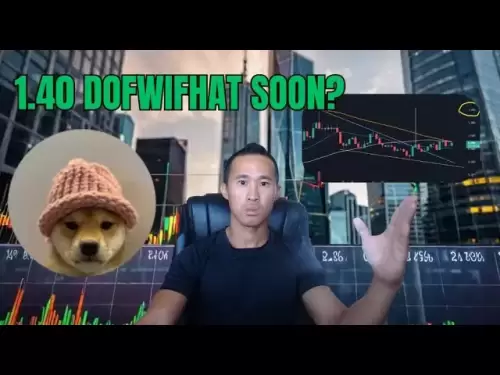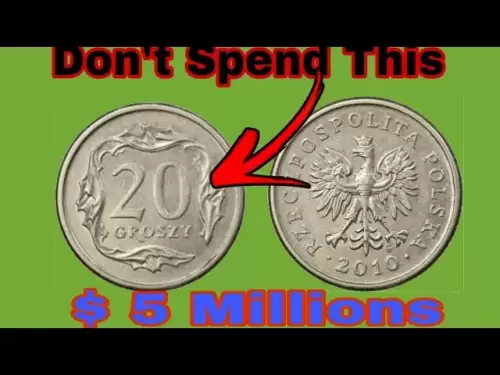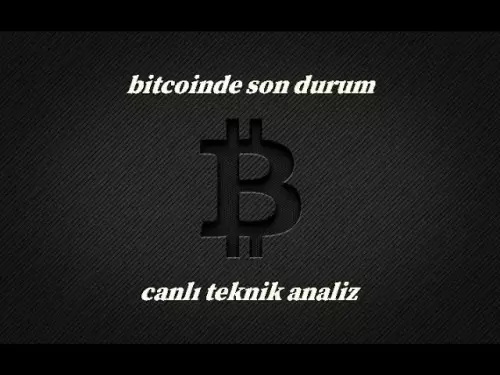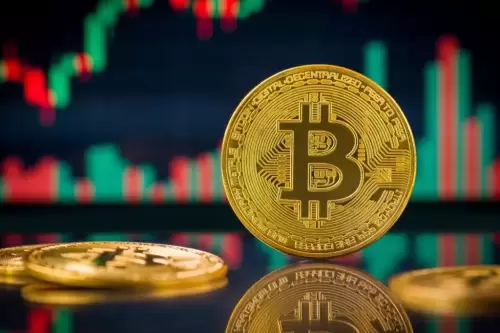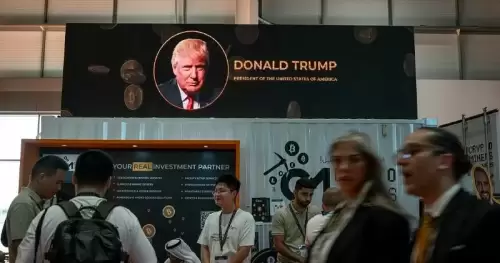 |
|
 |
|
 |
|
 |
|
 |
|
 |
|
 |
|
 |
|
 |
|
 |
|
 |
|
 |
|
 |
|
 |
|
 |
|
Cryptocurrency News Articles
Trumpcession: when protectionism becomes an economic boomerang
Mar 17, 2025 at 02:05 am
The shadow of an economic storm looms, tinted with a bright red and unpredictable pragmatism. The “Trumpcession” – this neologism that sounds like a warning – encapsulates the growing concern over a trade war with unforeseen consequences.

The shadow of an economic storm looms, tinted with a bright red and unpredictable pragmatism. The “Trumpcession” – this neologism that sounds like a warning – encapsulates the growing concern over a trade war with unforeseen consequences.
Caught between stimulus and restriction, the Fed and the Bank of England find themselves stuck between rates to adjust and a threatening inflation.
The shadow of an economic storm looms, tinted with a bright red and unpredictable pragmatism. The “Trumpcession” – this neologism that sounds like a warning – encapsulates the growing concern over a trade war with unforeseen consequences.
The promises of Donald Trump’s aggressive tariffs are not just simple rhetoric. They act as a catalyst, transforming fears into tangible realities.
In February 2025, the Conference Board’s Purchasing Managers’ Index plunged, revealing an unprecedented distrust since four years. American consumers, the historic engine of growth, are cutting back on their spending. An alarming signal: when confidence falters, recession looms.
However, the most insidious effect could come from import costs. High tariffs on foreign products would drive up prices, fueling an already persistent inflation.
“Inflationary pressures and economic slowdown create a vise,” explains Nigel Green, from deVere.
The Fed, used to juggling cycles, faces a fragile balance. Lowering rates to stimulate borrowing? Risking a price surge? The choice is a tough one.
In parallel, the Trump administration seems indifferent to market tremors. Worse, a drop in production is sometimes viewed as a necessary evil to “rebalance” trade.
A dangerous logic, according to experts: a prolonged trade war could suffocate entire sectors, from manufacturing to logistics. The Fed, in announcing its decision on rates this Wednesday, will have to choose between urgency and caution.
Bank of England and Fed: A balancing act under pressure
Threadneedle Street and the Fed share a common scenario, but not the same tools. At the end of 2024, the Bank of England anticipated controlled inflation and rates below 4% in 2025.
Today, the UK base rate stagnates at 4.5%, slightly exceeding that of the Fed (4.25% – 4.5%). A minimal gap, but revealing: both institutions must contend with weakened labor markets and defensive employers.
In the UK, the construction and manufacturing sectors see unemployment rise, while layoffs multiply. A similar situation across the Atlantic, where job vacancies are dwindling.
The difference? The impact of Trump tariffs on the American economy is more direct, exposing the Fed to a risk of overheating. The Bank of England, on the other hand, fears a knock-on effect: a rise in British import costs if the EU retaliates against U.S. measures.
However, a glimmer persists: borrowing. Lower rates could relieve households and businesses, but at what cost? “Take the lead, don’t follow,” insists Green. A proactive approach would entail gradual cuts now, rather than drastic measures later. However, taking a pause would allow for an assessment of the real impact of tariffs. On Thursday, the Bank of England will deliver its verdict, under the anxious gaze of investors. Even Elon Musk could fall victim, with Tesla at stake.maximize
Disclaimer:info@kdj.com
The information provided is not trading advice. kdj.com does not assume any responsibility for any investments made based on the information provided in this article. Cryptocurrencies are highly volatile and it is highly recommended that you invest with caution after thorough research!
If you believe that the content used on this website infringes your copyright, please contact us immediately (info@kdj.com) and we will delete it promptly.



















